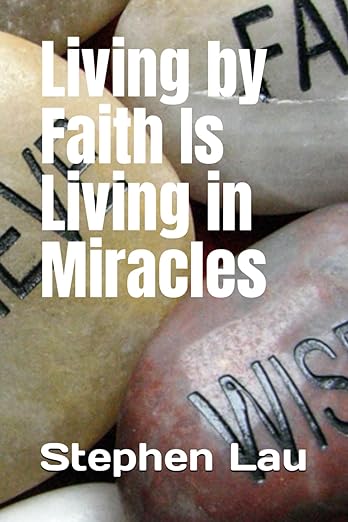There are many reasons for
meditation: relaxation, clarity of mind, and spiritual connection, among
others. No matter what the reasons may be, the main focus of meditation is on meditative awareness—mindfulness
of what is happening at the present moment, such as breathing, bodily
sensations, and mental thoughts. Without this acute meditative awareness or
mindfulness, there is no relaxation of the body and the mind, or the spiritual
connection to a Higher Being.
Meditation is finding the quiet
or stillness between sounds and thoughts and experiences. It is this underlying
quietness—so quiet that you can almost hear it—that forms a link between
you and your sensations and thoughts. Meditation is all about re-focusing
the mind on what is important and what is irrelevant or insignificant. In other
words, through awareness, meditation prioritizes
and
changes perspectives
regarding what is happening in life. Essentially, you begin to become aware of
your adaptation to cope with the mundane world, such as dealing with attitudes
and behaviors, as well as pain and stress. Through clarity of mind, you also
begin to know yourself better, such as the reasons for your anger; you may even
have spiritual enlightenment, such as perception of the purpose of your
existence. In brief, meditation is a mental training of meditative awareness or
mindfulness of breathing, physical sensations, and mental thoughts, and the
perception of timelessness, focusing only on the present moment or what is
“real” at that present moment.
Meditation has its practical
application in everyday living for life. Meditation heals both the body and the
mind if you can bring all attributes and benefits of meditation to your
day-to-day world.
By training your meditative
awareness only to remain present in whatever activity you undertake in real
life, you will find yourself right in the center of that activity you are
engaging in. In this way, you will be doing your very best, and meanwhile
getting the greatest satisfaction from doing so.
To illustrate, say, you are
doing a mundane everyday chore, such as washing the dishes or taking out the
trash; you may not like what you are doing, but you are doing it anyway just
because you have to. If you have had training in meditation, you will know how
to keep uninvited thoughts to a minimum while you are doing the dishes or
taking out the trash, and thus enabling you to be in the center of what you are
experiencing and to do it without distraction. A mind trained in meditation
leads to a state of stillness that can be maintained no matter what you do, or
what is happening around you. This is the power of meditation.
The principles of meditation
can be applied to any non-meditating part of your everyday life, such as walking.
As you begin walking, let go of thoughts of the outside world.
Focus on your breathing: listen to the relaxed sound of your
breathing in and breathing out.
Make your walk slow and purposeful.
As you walk, observe each step that you make. Notice all the
physical sensations of your feet, as well as the way your arms swing back and
forth, brushing against your body.
If uninvited thoughts come, re-focus your awareness on your
breathing and physical sensations.
In this way, you can turn any everyday activity into meditative
nature in order to enhance your awareness and clarity of mind, which can be
life transforming. Not only your senses come to life, but also you see
how things change from moment to moment, so you have a better understanding of
what is important and what is “real” in your life. Seeing things in perspective
will help you let go of things you found most difficult to let go in the past.
Practice meditative awareness
in your everyday activities in order to enhance your self-healing power of the
body and the mind.
Stephen Lau
Copyright © by Stephen
Lau




